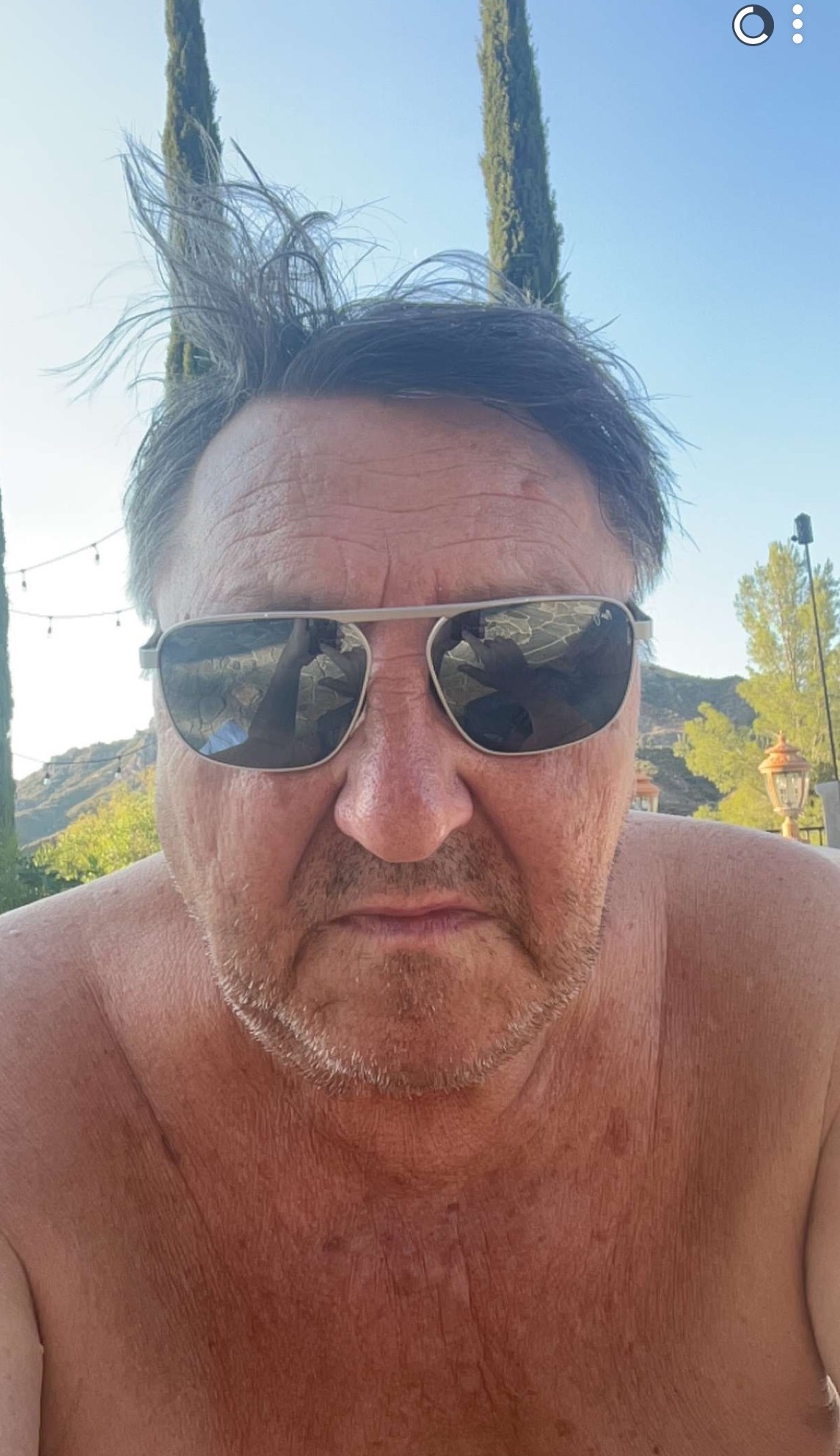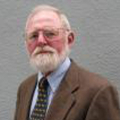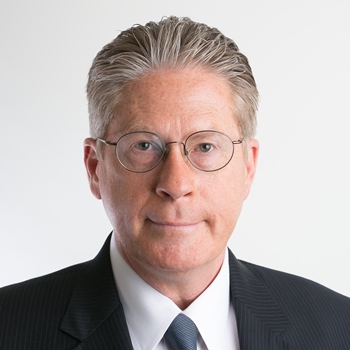Washington Water/Sewage Treatment Engineering Expert Witnesses
Washington Engineering Expert Witness Listings
You may limit your search for Water/Sewage Treatment Engineering expert witnesses to a specific area by selecting a state from the drop down box.
Expert Witnesses
List Your Qualifications by Clicking Here












What is a water/sewage treatment engineering expert witness?
A water/sewage treatment engineering expert witness is someone who is able to provide testimony regarding the treatment of water and sewage. This may include contaminants in drinking water, industrial water treatment, residential water treatment, sewage treatment, and sewage engineer.
What is the role of a water/sewage treatment engineering expert witness?
A water/sewage treatment engineering expert witness provides expert analysis and testimony on issues related to the design and operation of water and wastewater treatment systems.
How much can a person make as a water/sewage treatment engineering expert witness?
Water/sewage treatment engineering expert witnesses may earn somewhere between $200 and $450 per hour, or more based on the circumstances. The fee will be agreed upon between the retaining attorney and expert.
What are the qualifications of a water/sewage treatment engineering expert witness?
To serve as a water/sewage treatment engineering expert witness, an individual should have a degree in environmental engineering, possess experience in water or sewage treatment system design or operation, and have knowledge of relevant regulations and standards.
What type of evidence is gathered in a lawsuit by a water/sewage treatment engineering expert witness?
A water/sewage treatment engineering expert witness may gather evidence such as technical reports, site inspections, laboratory analyses, and expert opinions to support their testimony in a lawsuit.
In what type of cases might expert testimony be heard from a water/sewage treatment engineering expert witness?
Expert testimony from a water/sewage treatment engineering expert witness may be heard in cases involving water quality, treatment plant design, wastewater management, environmental regulations, and public health concerns.

